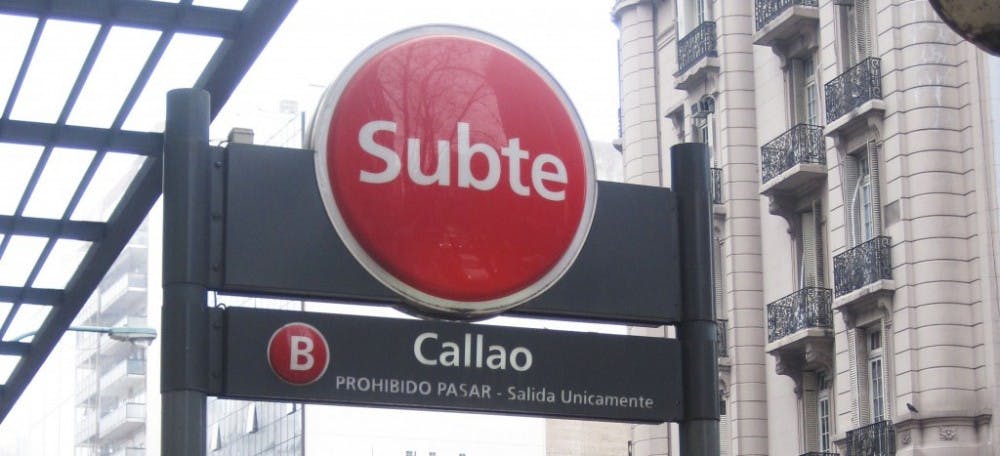BUENOS AIRES – After the longest subte strike in Argentinian history, an unofficial workers union and local leaders reached an agreement earlier this month that would allow for the much anticipated reopening of the subway system the following morning.
The scheduled strike, which lasted longer than expected, began after the subway union demanded that the Buenos Aires government increase the workers’ salaries by more than 20 percent.
It ended with a provisional agreement with Metrovias, the company that operates the subte, which included “improvements in working conditions, changes in leave entitlements and a re-categorization of wage levels,” according to the union’s press release. But, the issue of wage increases was not solved and negotiations are ongoing, according to Roberto Pianelli, Trade Union of Subte and Premetro Workers (AGTSyP) secretary-general.
According to Clarin, Argentina’s largest newspaper, in January 2011, Mauricio Macri, mayor of Buenos Aires signed an agreement to take control of the subte from the national government, which in turn, forfeited the subsidies that had kept prices low and paid for subte workers’ salaries. But in March, Macri suspended the transfer, leaving the subte workers in “a dire financial situation,” according to Metrovías.
“I feel less stressed,” said Ginger Moody, a Council of International Educational Exchange study abroad student from Gordon College, regarding the conclusion of the strike. “I know that I have three modes of transportation now, instead of either a really expensive and quick taxi ride or a really cheap, crowded and long bus ride. I am relieved.”
Without the subte in service, travel time for most people almost doubled when they were forced to take the bus in incredibly heavy traffic or simply walk.
Amy Lindland, a student from Wesleyan University studying with CIEE, said her travel time increased from 40 minutes to an hour and a half.
Clarin reported there were an additional 120,000 cars on the roads in Buenos Aires because of the strike.
Despite the inconvenience, there was little public outcry.
“I feel like some of the people here, for example a cab driver I spoke with the other day, seem to be used to having frustration with their government and the politicians,” Lindland said. “I think, in the U.S., people would find this sort of thing more uncommon and would be a little more vocal or angry.”
Guillermo Salz, a native of Buenos Aires, said the mayor of Buenos Aires, Macri, is incapable of governing Buenos Aires in a way that benefits its citizens. He said the mayor and the subte strike are both, in some ways, an excepted part of living in Buenos Aires.
The Americans who are here to study said they found this inconvenience annoying, especially those who come from rural areas.
“What a relief to not have to walk up to an hour to class every day,” Linland said.
Moody said she is used to relying on herself to drive places in traffic.
“You learn to be more patient, especially after having to leave an hour and a half before you need to be somewhere so that you have enough time to ride a bus down Avenida Corrientes in Buenos Aires,” she said.
Correction Notice: Salz was incorrectly listed as a 'she'.


